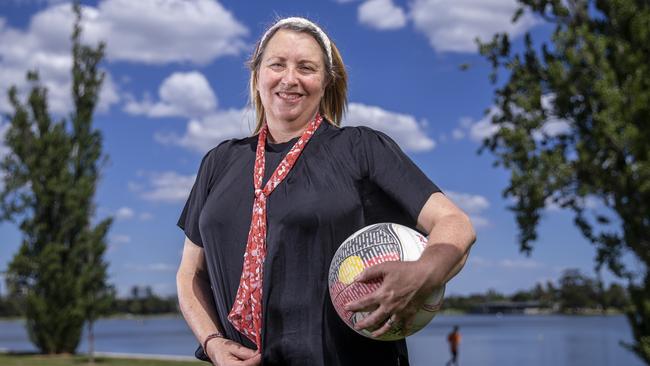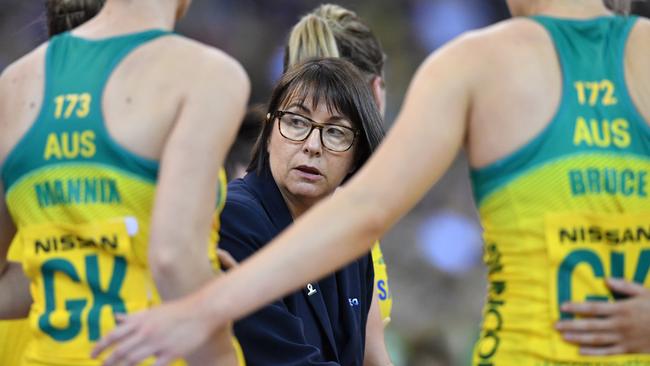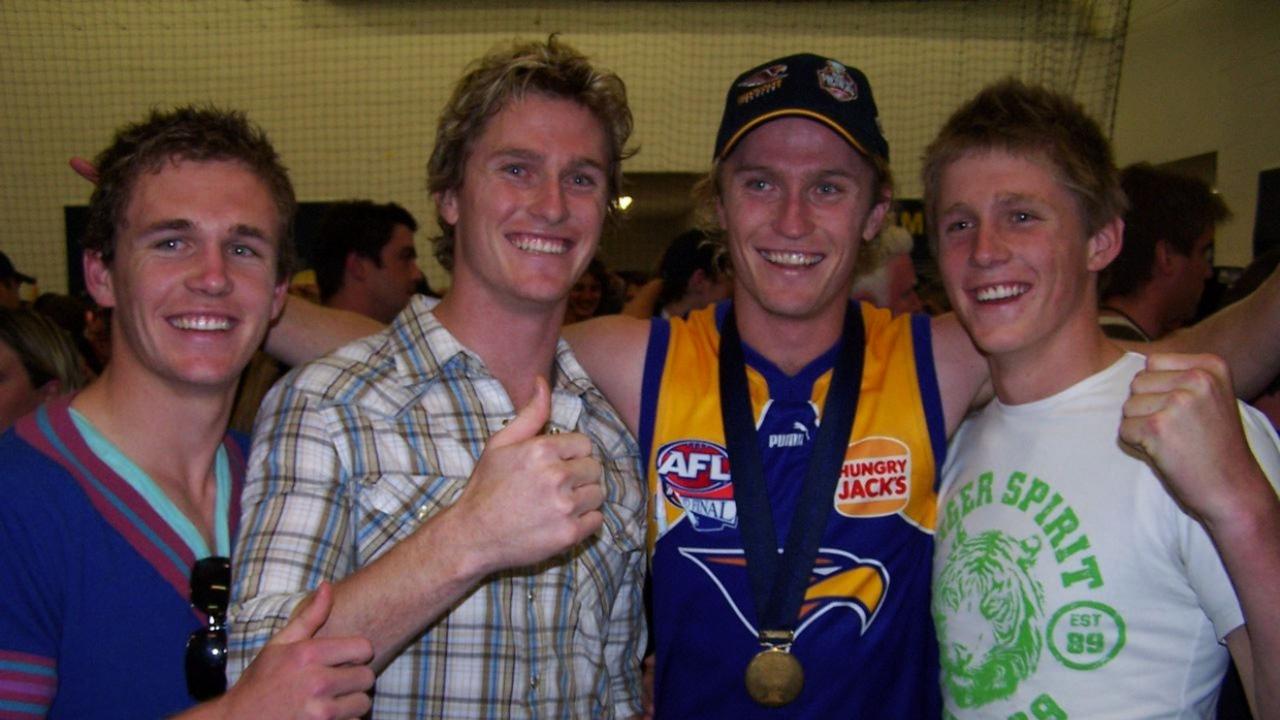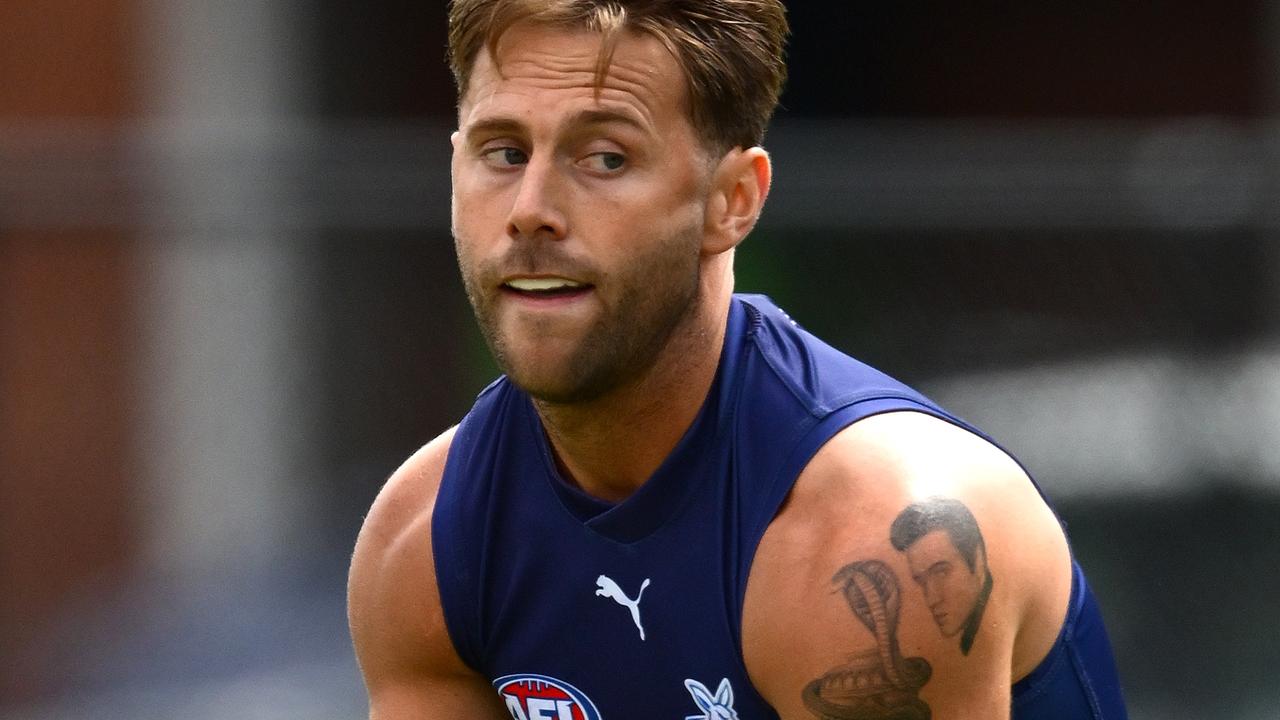Lisa Alexander: If CEOs can swap industries, why can’t head coaches change sports?
Lisa Alexander was told she needed more experience before taking charge of AFL club. The former Australian netball coach explains why she’s already qualified.

Expert Opinion
Don't miss out on the headlines from Expert Opinion. Followed categories will be added to My News.
In March 2020, I was told my time as head coach of the Australian Diamonds netball team had come to an end after nine years.
Though I still love coaching netball, I asked myself, how could I use my skills in a similar sphere, one that would allow me to continue to both learn and teach?
I set my sights on the AFL, a code I have loved since I was a child.
I have recently made my goals known and have applied for a recent high-profile opening (for which I was unsuccessful because of a lack of AFL industry experience).
I have been lucky enough over the years to work with many elite sports teams across the world. While technically each sport is different, most issues faced by coaches and athletes in all codes are the same, regardless of gender, language, or race.
Kayo is your ticket to the best sport streaming Live & On-Demand. New to Kayo? Get your 14-day free trial & start streaming instantly >
The role of a head coach varies from sport to sport and from team to team. Just like in the corporate world, every team is different and therefore every role within the team is different.
The CEO at BHP is not the same role as the CEO of Rio Tinto, because the teams are structured differently, have different skills, face different external pressures, etc.
But the fundamentals are the same.
The CEO’s role is to articulate the vision for the business, get buy-in to that vision and then create an environment for the team to work within to achieve it.
The same can be said for a head coach role in any elite sport.
The head coach must be clear about what success looks like for the team and ensure the support structures are in place for that success to occur. In short, the head coach is a leader of a culture, and that culture must be one of high performance.

What is a high-performance culture? Regardless of the team, from the elite sport to the corporate world, a high-performance culture has several fundamental building blocks:
The team knows what it is trying to achieve. The purpose of the team is crystal clear, and this drives alignment: “We are all rowing in the same direction.”
A strong behavioural or values framework that makes it clear what is expected from team members. This culture needs to be actively nurtured, by all team members, without fear or favour.
There is no such thing as a high-performance team without strong relationships and genuine communication. The two attributes are closely linked.
The ability to have genuine conversations is what builds strong relationships, and the stronger your relationships the more genuine your communication will become.
Any leader, of any team, who can work with their team to achieve the above is more likely to have success in reaching their team goals.
I have been a leader, and responsible for a high-performance culture at the Diamonds, and seen it first hand at other elite teams.
When the newest player on the team feels comfortable to offer the captain advice on how to improve, and vice versa, the team is more likely to improve.
Throughout my life I have focused on three things — learning, teaching and achievement. I am driven by the desire to improve.

The ability to learn is fundamental to improving. I enjoy studying and reading, not just in the fields of my career (sport and education), but to gain a broader understanding of the world. I also enjoy learning from my experiences with others.
Giving and receiving feedback from those you collaborate with is an essential skill. How do I know what I can improve on if I don’t ask, and, critically, if I don’t ask with the genuine intention of listening to and considering what I am told?
The ability to teach (formally) also provides incredible opportunities for personal learning.
Understanding that everyone you are teaching learns differently, is at different stages of
development and has a unique world view.
Tailoring your communication style and the information you are providing does not just happen; it takes practice and, again, feedback is essential.
There are not many environments left in the world where these leadership skills I have referred to are not seen as transferable. Most would agree that from a team leadership and culture building perspective I am qualified for a role in the AFL, or any other sport.
The argument, put by some but not all, is I have not played at the elite level, nor have I worked full-time in the code, and therefore I don’t understand how the “game” works.
My answer to that is simple — the “game” of a head coach is about creating a culture of success, for the assistant coaches, the other support staff, and the players.
I know I can do that, and I know most women in leadership roles all over the world could do that.
LISA ALEXANDER was head coach of the Australian netball team from 2011-2020, during which the Diamonds won the 2015 Netball World Cup in Sydney


